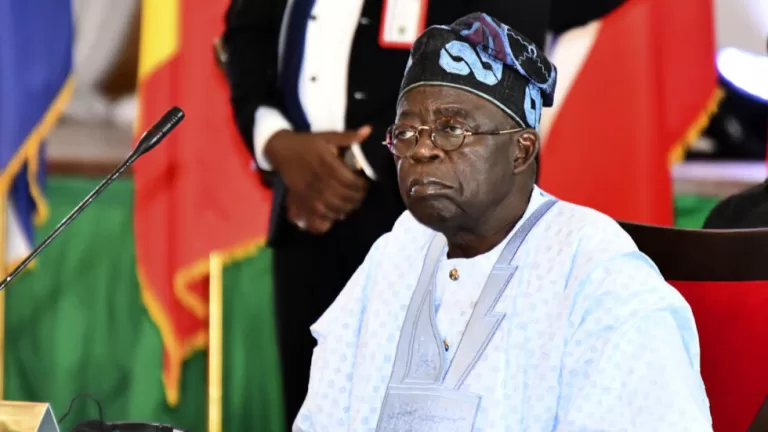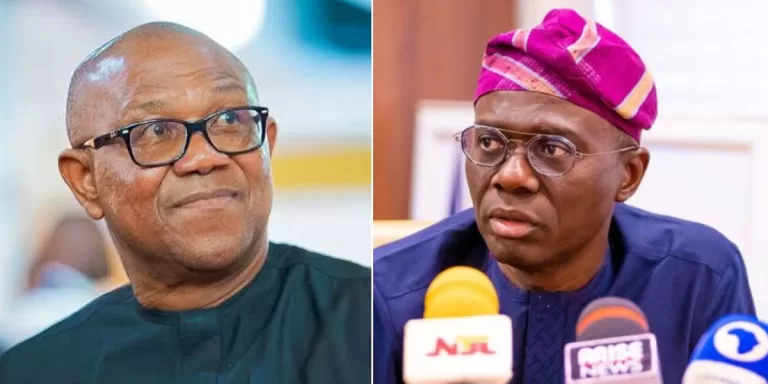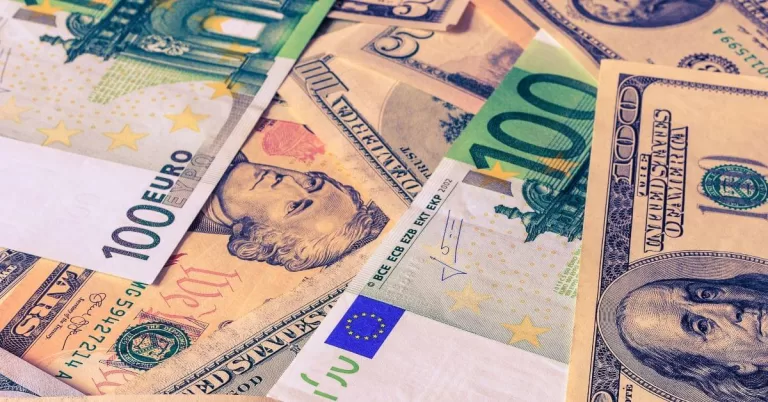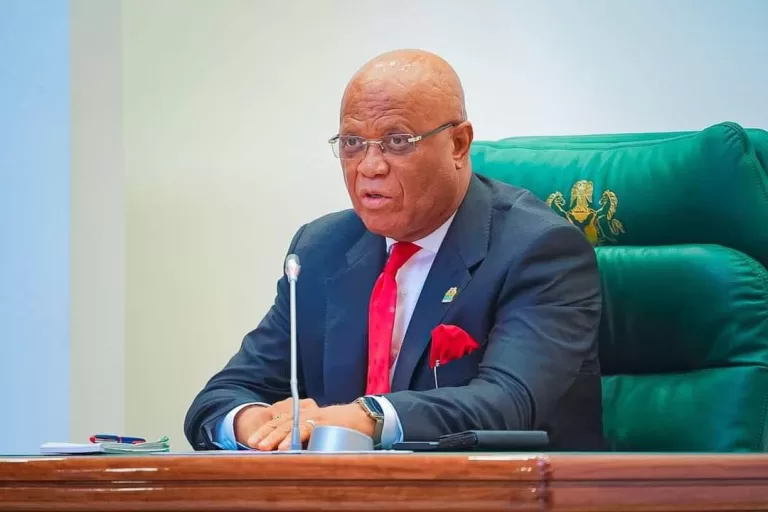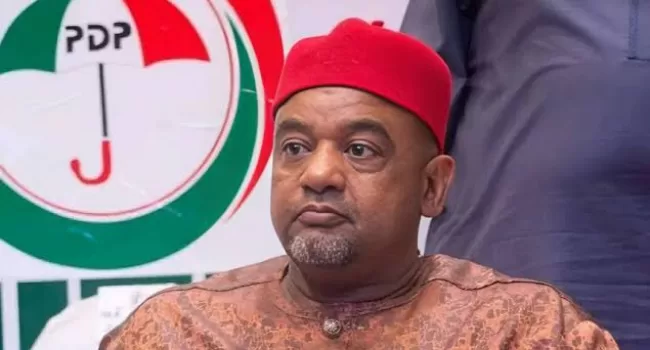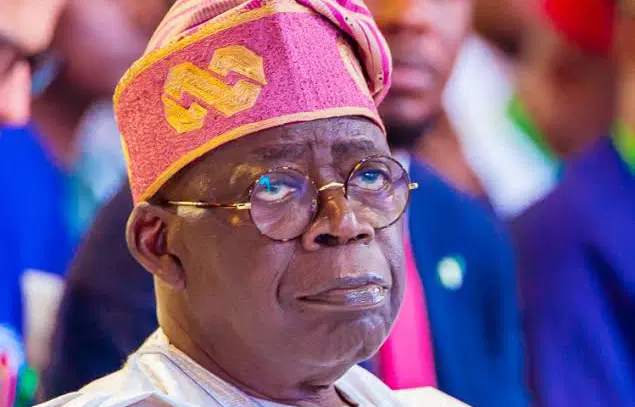
In a controversial projection that is already stirring debate among policy watchers and economists, the World Bank has predicted that poverty in Nigeria will increase by 3.6 percentage points by 2027. The forecast was released in the Bank’s latest Africa’s Pulse report, published on the sidelines of the IMF-World Bank Spring Meetings in Washington, D.C.
The report classifies Nigeria as a “resource-rich, fragile state”—a label that has become a default lens through which many multilateral institutions evaluate the country. According to the World Bank, this classification makes Nigeria one of the few countries in Sub-Saharan Africa where poverty is not expected to decline, but instead rise, despite recent signs of economic growth.
It states:
“Poverty in resource-rich, fragile countries—including Nigeria—is expected to increase by 3.6 percentage points between 2022 and 2027.”
While the Bank acknowledges that Nigeria’s economy experienced a stronger-than-expected performance in Q4 2024—particularly in the non-oil sectors—it claims this is insufficient to reverse the broader poverty trend due to structural vulnerabilities like overreliance on oil revenues, fiscal mismanagement, and institutional fragility.
However, critics argue that the World Bank’s assessments are not only overly pessimistic, but systematically flawed—often painting a predetermined narrative about developing economies that serves geopolitical or donor-centric interests.
“Their analysis routinely lacks local context,” says a Nigerian development economist who spoke under anonymity. “They define Nigeria’s challenges solely through the prism of resource dependency, ignoring progress in digital infrastructure, fintech, small business resilience, and local policy reforms.”
The report compares Nigeria to non-resource-rich countries, which it says are making faster strides in poverty reduction, thanks to favorable commodity prices and stronger fiscal policy frameworks. But this comparison raises important questions: Can nations with vastly different economic compositions and histories be evaluated under the same rubric?
Others go further, questioning the intent behind the framing.
“The World Bank often prescribes governance ‘reforms’ aligned more with global financial orthodoxy than local realities,” says a Lagos-based policy analyst. “Their projections, while data-driven on the surface, often reinforce narratives that disempower local innovation and cast African leadership as perennially incapable.”
The report recommends improved fiscal governance and a more transparent “fiscal contract” between the Nigerian state and its citizens—an idea welcomed by many, but not new.
Still, it’s worth asking whether the World Bank’s focus on fragility, resource wealth, and governance tells the full story of Nigeria’s economic future—or merely repeats a familiar trope that underestimates local capacity, oversimplifies causality, and obscures external influences.
As Nigeria continues to navigate complex economic terrain—between global oil markets, domestic innovation, and growing youth energy—the real story of poverty may be more nuanced than the charts suggest.


